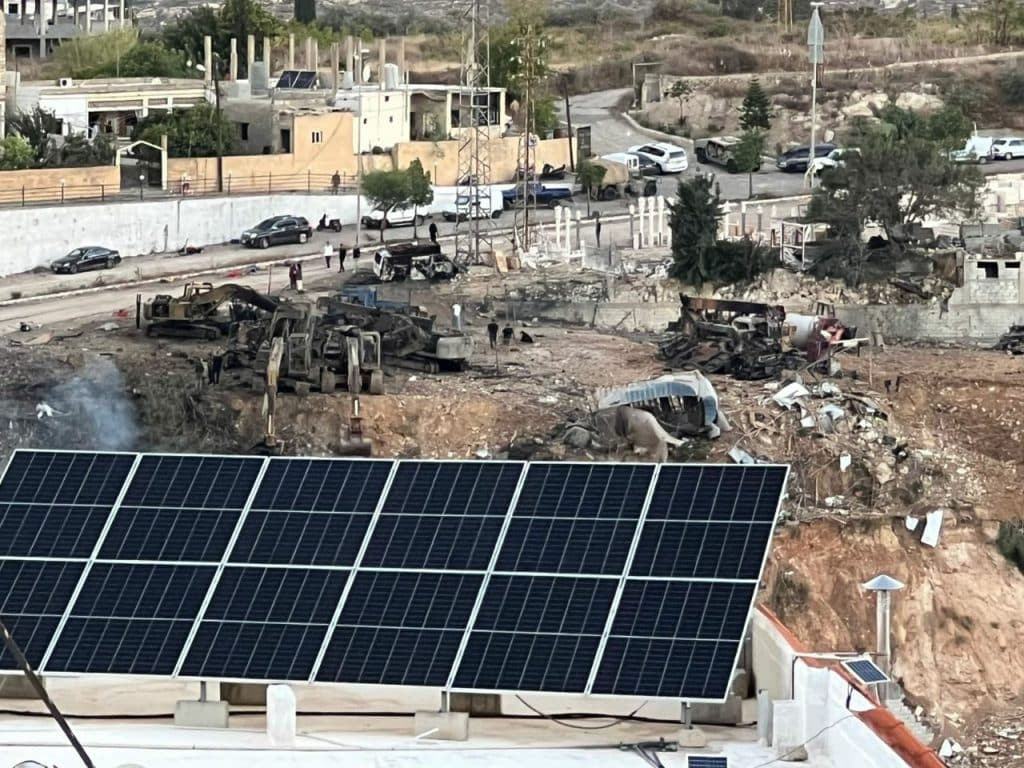The potential to apply the Gaza strategy in Lebanon.
Al-Akhbar wrote: Lebanon was left out of the Sharm el-Sheik summit to make it clear that it has no place among the spectators and has no place in the grand peace plan announced by US President Donald Trump. Lebanon’s absence indicates that it is not on the radar of priorities.
Al-Akhbar went on to refer to the US President’s speech in the Israeli Knesset against Hezbollah in Lebanon and his support for Lebanese President Joseph Aoun, as well as the Lebanese President’s speech on the need to stop the Israeli attacks on Lebanon.
Al-Akhbar wrote: Since the announcement of the Gaza agreement, discussions have been taking place on a larger scale about what Lebanon will do if Hezbollah refuses to disarm. The US team in Lebanon began to promote the idea that if the government fails to implement its demands, the Gaza model could be replicated in Lebanon. The recent attack on the “Al-Musileh” area reinforced these fears, especially since signs of an escalation of the fighting were rapidly emerging and coincided with the beginning of the implementation of the first phase of the Gaza agreement. The attack was interpreted as a message that Israel was ready to resume the war against Lebanon.
The media outlet stated: It is clear that Lebanon is worried about the next phase, especially since there is a possibility of a new attack by the Israeli enemy to turn the south of the country into a buffer zone. Reports indicate that government officials are worried
that the coming days, if not militarily, at least politically, will be very difficult and that the pressure will increase to force Lebanon to accept what Washington and Tel Aviv have requested, namely, direct negotiations and concessions
And, as happened with Hamas in Gaza, sanctions may be imposed on political figures.
Informed sources said that US officials were recently quoted as saying that Washington has begun to examine the next day’s operation in southern Lebanon, as happened in Gaza. Several options are being considered in this regard, including the possibility of handing over the south to an international force, especially after the withdrawal of UNIFIL forces. In this option, American forces could be stationed in the region until outstanding issues are resolved, especially the issue of demarcating land borders.
Al-Akhbar also referred in its report to the Europeans’ moves to keep their forces in the UNIFIL framework after the end of the UNIFIL mission next year and the debate and controversy that exists in this regard.
The media wrote: This is a project that requires extensive discussion, because the deployment of European forces is not carried out by a UN resolution, but by agreement between Lebanon and the European Union collectively or with each country individually. It is important to understand the reasons for the remaining of these forces in Lebanon, and especially in the south, since Israel no longer relies on any non-American forces.

